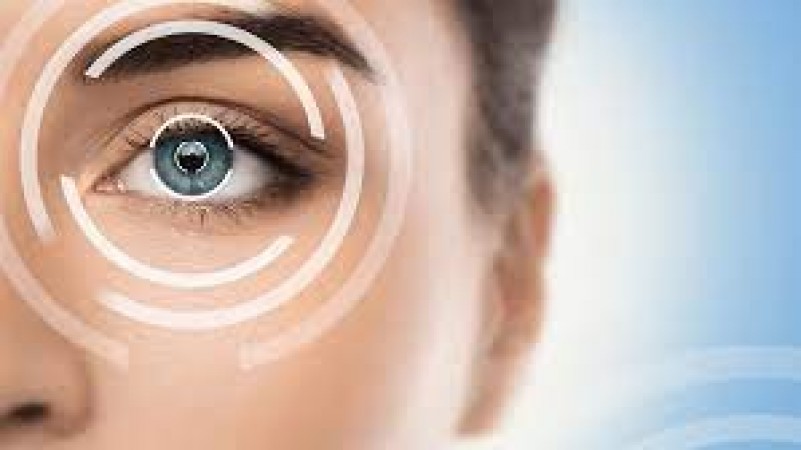
Our eyesight is a precious sense that allows us to navigate and experience the world around us. However, factors such as excessive screen time, poor nutrition, and neglecting eye care can lead to various vision problems. Fortunately, there are several proactive steps we can take to improve and maintain good eyesight. Taking care of your eyes and preserving good eyesight is essential for overall well-being and quality of life. By incorporating these tips into your daily routine, such as following a nutritious diet, practicing regular eye exercises, and protecting your eyes from digital strain and UV radiation, you can promote optimal eye health. Remember, it's important to consult with an eye care professional for personalized advice and to address any specific concerns. By prioritizing your vision and adopting healthy habits, you can enjoy improved eyesight and maintain clear, vibrant vision for years to come.
Eat a Nutrient-Rich Diet: A balanced and nutrient-rich diet is essential for maintaining good eye health. Include foods rich in vitamins A, C, and E, as well as antioxidants and omega-3 fatty acids. Leafy green vegetables, citrus fruits, carrots, bell peppers, berries, fish, and nuts are excellent choices. These nutrients help protect the eyes from oxidative stress, strengthen the eye tissues, and maintain overall eye health.
Practice the 20-20-20 Rule: Extended periods of screen time can strain your eyes and contribute to digital eye strain or computer vision syndrome. To alleviate this, follow the 20-20-20 rule: Every 20 minutes, take a 20-second break to look at something 20 feet away. This practice reduces eye fatigue, relaxes eye muscles, and gives your eyes a chance to refocus.
Adjust Your Screen Settings: Optimize your computer or device screen settings to reduce eye strain. Adjust the brightness, contrast, and font size to ensure comfortable viewing. Additionally, consider using blue light filters or wearing blue light-blocking glasses to minimize the potential harmful effects of blue light emitted by screens.
Protect Your Eyes from the Sun: Exposure to harmful ultraviolet (UV) rays can contribute to the development of cataracts and other eye conditions. Whenever you are outside, wear sunglasses that provide 100% UV protection. Look for sunglasses with polarized lenses to reduce glare and further protect your eyes.
Practice Regular Eye Exercises:Performing eye exercises can help improve focus, strengthen eye muscles, and reduce eye strain. Some simple exercises include focusing on a distant object, blinking rapidly for a few seconds, and rotating your eyes clockwise and counterclockwise. Regularly incorporating these exercises into your routine can promote better eye coordination and flexibility.
Maintain Proper Lighting: Ensure that your living and working environments are well-lit to reduce eye strain. Avoid harsh, direct lighting that can cause glare or shadows. Use adjustable lighting options and position your desk or workspace in a way that minimizes reflections and maximizes natural or indirect light sources.
Get Regular Eye Check-ups: Regular eye examinations are crucial for maintaining good eye health and detecting any potential issues at an early stage. Visit an optometrist or ophthalmologist for comprehensive eye exams, especially if you experience changes in vision, eye discomfort, or other concerning symptoms.
Practice Good Eye Hygiene: Maintain good eye hygiene to prevent infections and eye-related issues. Wash your hands before touching your eyes or applying contact lenses. Avoid rubbing your eyes excessively and use clean, fresh water or eye drops to rinse your eyes if they feel irritated or dry.
also read - Moisturizing and Protecting Your Skin from Rainy Weather
Adjusting Your Skincare Routine for the Rainy Season
Looking for some healthy snacks for weight loss? Here are 6 best options